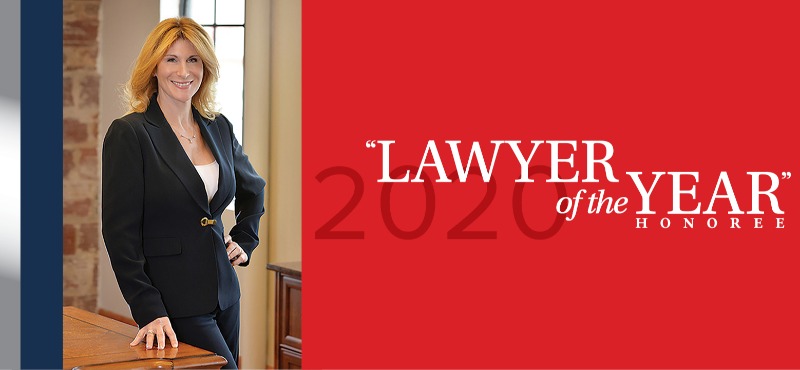Jamieson v. Town of Fort Myers Beach
In 2002, James Jamieson purchased two parcels of vacant land, each roughly seven acres a piece, in the beach town of Fort Myers, Florida. Shortly after acquiring the land, Jamieson divided both parcels into 40 individual 50-by-110 foot lots, all with the intention of developing the land and selling each lot. In 1995, prior to Jamieson’s land acquisition, Fort Myers Beach was yet to be incorporated as a town and was under Lee County jurisdiction. Three years later, Fort Myers Beach was finally incorporated and with that came a comprehensive land use and development code plan. According to the Minimum Use Determination Plan (MUD), Jamieson’s land was ultimately unsafe to develop due to the lot’s proximity to wetlands. In March of 2003, the town completed a determination of Jamieson’s property, as per his request, and found that over 60 percent of his property was wetlands, therefore enforcing the town’s MUD plan. After an 8 year wait, Jamieson submitted a formal application for the town to conduct a redetermination of his property and ultimately failed to meet MUD standards once again. Since 2013, Jamieson has repeatedly filed suit against the South Florida Water Management District for improperly evaluating his land and has repeatedly been denied in trial court. Currently, Jamieson is seeking an appeal and yet again filing legal suit against Fort Myers.
The Florida Bar v. Phoenix
From 2005 to 2007, Charles Paul-Thomas Phoenix acted as the primary lawyer for the newly established Cay Club Resort and Marina in the Florida Keys. Cay Club Resorts, a company founded just the previous year by David Schwarz and Fred Davis Jr., operated purely off investor interest and had a number of already established locations in Clearwater, Orlando, and Las Vegas. Unbeknownst to Phoenix at the time, the Cay Club Resort and Marina was actually a Ponzi scheme, which in just three years raised over $300 million from roughly 1,400 investors globally. Simply put, Schwarz and Davis Jr. would continually take in new investors, proceed to use their money to make “leaseback” payments to Cay Club’s initial lenders, and then failed to disclose their practices on federal documents. On top of that, between 2004 and 2008, Cay Club’s founders would go on to personally pocket $30 million apiece as well as gain the property rights to a rum distillery, gold mine, and a coal reclamation plant. Phoenix, who initially told authorities he was never aware or involved with Cay Club’s schemes, actually held an integral role from the time he was hired in 2005. In 2017, Schwarz and Davis Jr. were sentenced to 30 years in prison for conspiracy to commit bank fraud and tax evasion. Currently, the Florida Bar is working to fully revoked Phoenix’s legal license, as he awaits trial for the same charges.
WVMF Funding v. Palmero
In 2019, Roberto Palmero and his wife Luisa initially applied to be co-borrowers on a loan which would be secured by a reverse mortgage on their primary residence and homestead property in Miami, Florida. Eventually, Mr. Palmero would go on to identify himself as the sole borrower on the loan application, home equity conversion agreement, and the borrower’s note. During this process, Mrs. Palmero mistakenly signed the wrong section of their mortgage documents, making her the sole borrower instead. Shortly following this alteration, Mr. Palmero passed away, soon leaving Mrs. Palmero with a mountain of debt she couldn’t repay. Expecting a loan payment, OneWest, the predecessor to WVMF Funding, sent a foreclosure notice to the Palmero residence. Mrs. Palmero immediately argued the foreclosure, claiming she was the co-borrower, not the sole borrower, on the mortgage thus freeing their property from foreclosure. After review in a trial court, mortgage documents stated that she was in fact wrong not a co-borrower but would not be subject to foreclosure due to federal statutes put in place by the Department of Housing and Urban Development to prevent reverse mortgage foreclosures. Currently, Mrs. Palmero is filing suit against WVMF Funding for sending false foreclosure notices.


















